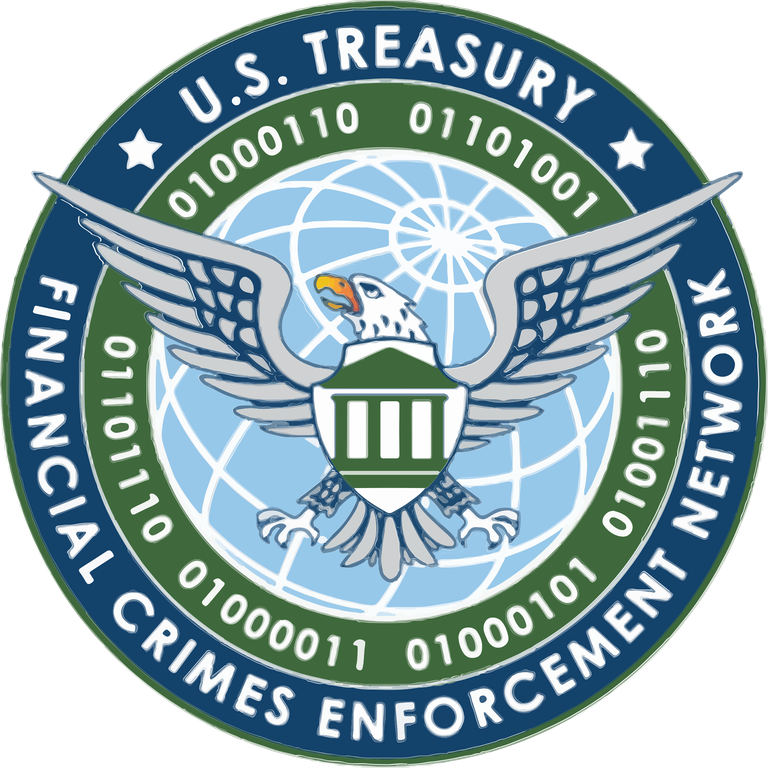
New regulations hailing from the Financial Crimes Enforcement Network (FinCEN) will require cryptocurrency affiliated US businesses, such as crypto exchanges, digital wallet providers, and crypto brokers to disclose personal information about their respective customers, director of FinCEN Kenneth Blanco said on Friday, Nov. 15.
Similar to IRS’ latest policy update on cryptocurrencies and virtual monetary assets, legal entities will have to play under a fully transparent skirt in order to be able to continue operating in the US legally.
The new regulations which are focusing on anti-money laundering ops are subject to the existing “Travel Rule”, and they essentially require cryptocurrency exchanges and service brokers to hold and share specifications regarding their customers’ IDs, as well as identify individuals and legal entities involved in transfers worth of $3,000 USD or higher, and placed under the legal businesses procedures.
Blanco, who spoke at a recent Chainalysis conference, said that FinCEN expects everyone to comply, without any exceptions, period. He added that this is not something new and it shouldn’t shock legal entities who are involved in the crypto sphere.
The “Travel Rule” was initially released by FinCEN in 1996 and it applies to all US-based financial institutions. Cryptocurrencies are now just an addition to the anti-money laundering protocol of the government-affiliated regulator, and to be clear, this is not a newly-popped idea, but an addition that was discussed as early as 2013, hence Kenneth Blanco expects everyone to be in course, instead of acting surprised.
According to Reuters, a recent Ciphertrace report released in August this year suggested that cryptocurrency-related scams, fraud, and other illicit activities exceeded $4.3 bn in unregulated money this year alone.
FinCEN is not the only one trying to get ahead of malicious actors who find cryptocurrencies as a safe-haven for money-laundering activities, with the Internal Revenue Service announcing a special task force that will be focusing on cryptocurrency ATMs and Kiosks, used in exchanging crypto-assets and fiat currency on behalf of “anonymous” customers with unknown sources of income.
Even prior to the new addition to the “Travel Rule”, the US government’s Financial Action Task Force (FATF) ordered crypto exchanges and financial regulators all over the globe to comply with the “Travel Rule” giving them twelve months to do so, starting from June this year. FATF is known for its devotion to fighting money-laundering and terrorism financing activities involving US companies, citizens, and money processing institutions.
Regardless of the confusion clouding the crypto industry, Blanco said that they should not think that the “Travel Rule” doesn’t apply to them, as most of the crypto businesses thought that since cryptocurrencies are not officially categorized as money, the rule won’t apply to them. This is clearly not the case, and Blanco wanted to make sure everyone is on the same page with the government’s stance on the matter.
Sources
https://news.cryptos.com/fincen-travel-rule-applies-to-everyone-including-crypto-businesses/
Hi! I am a robot. I just upvoted you! I found similar content that readers might be interested in:
https://cryptos.com/fincen-travel-rule-applies-to-everyone-including-crypto-businesses/